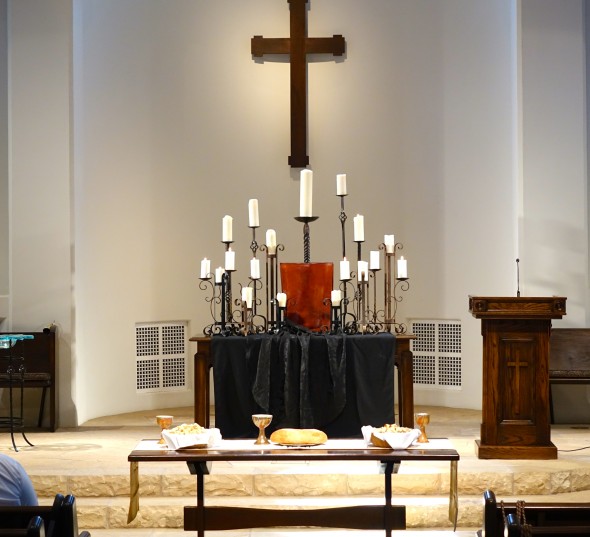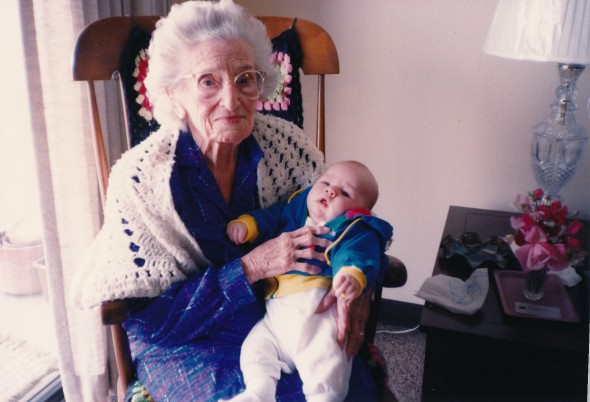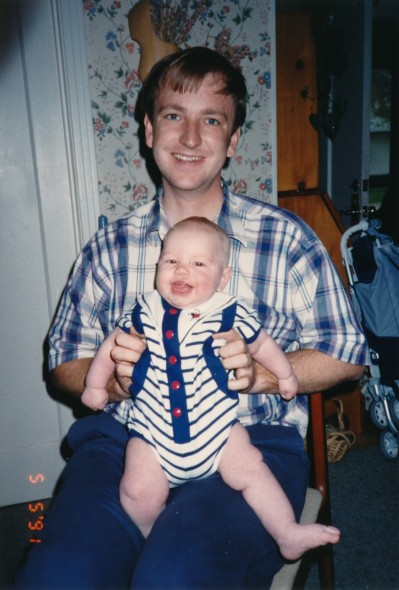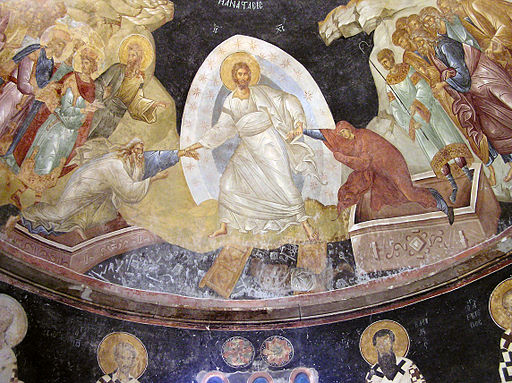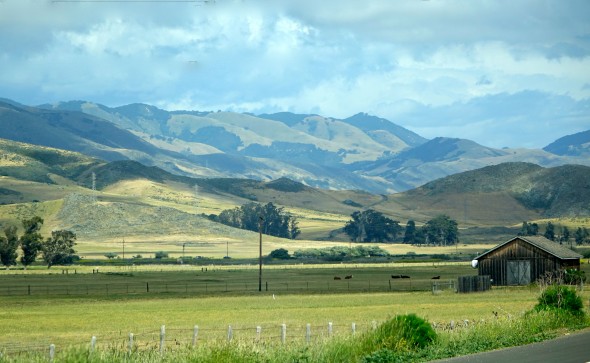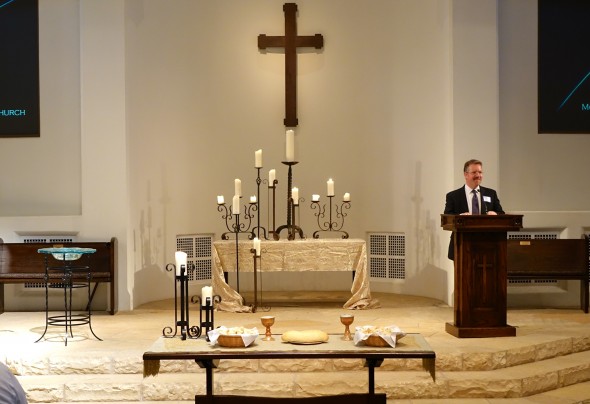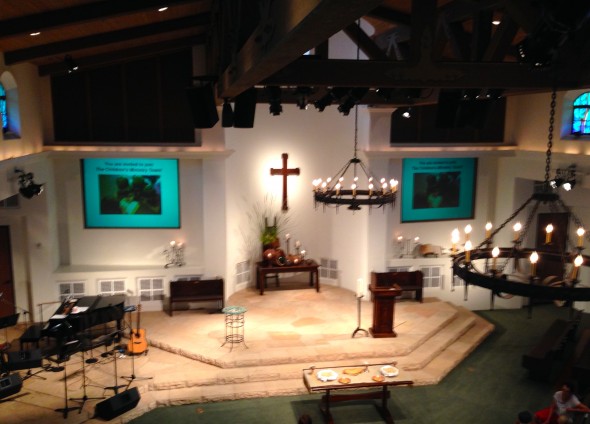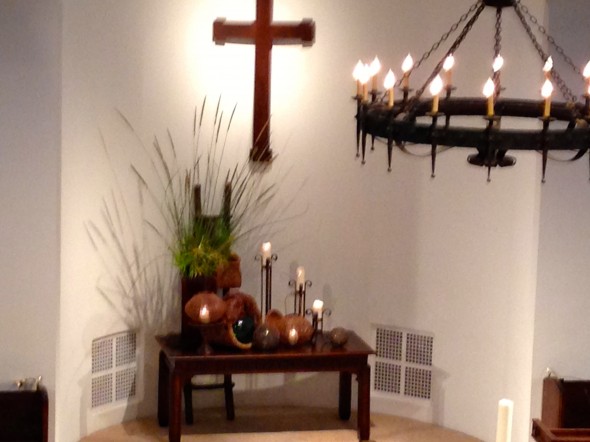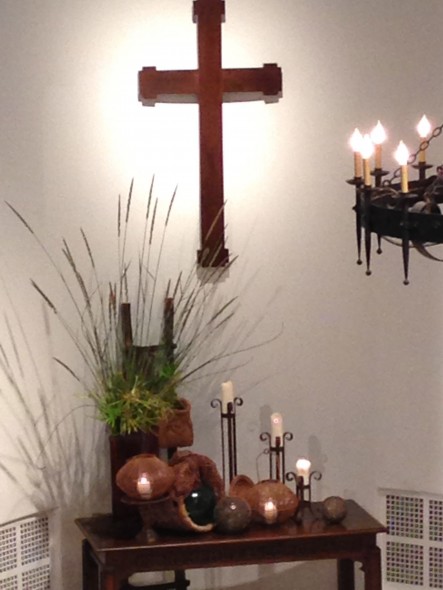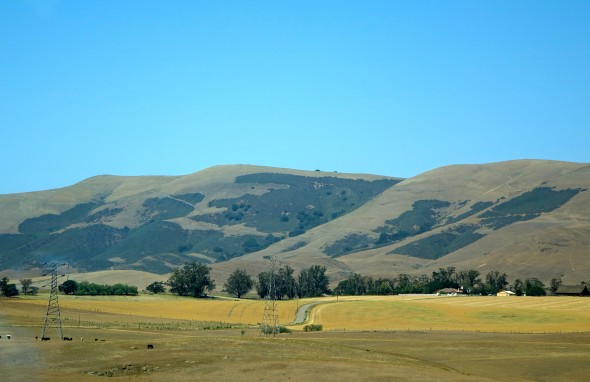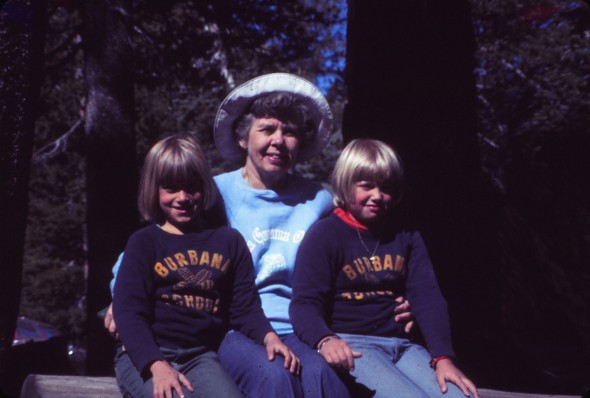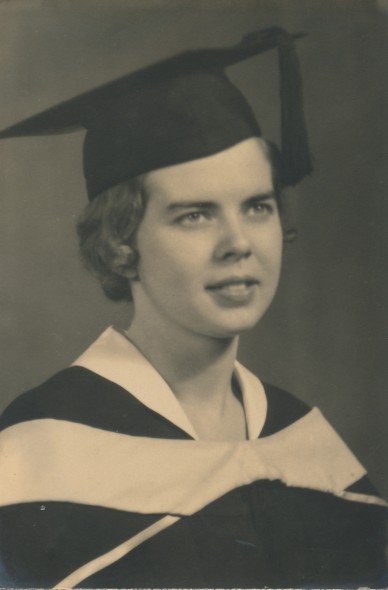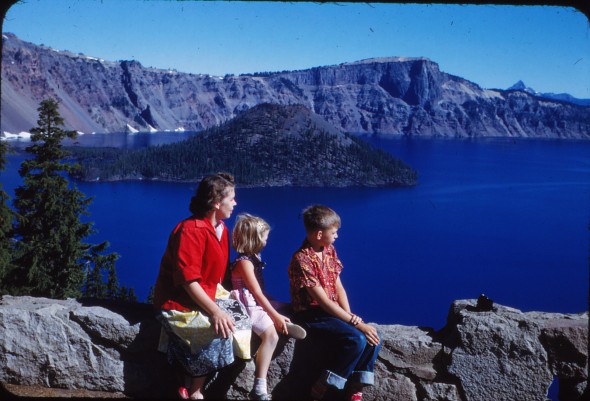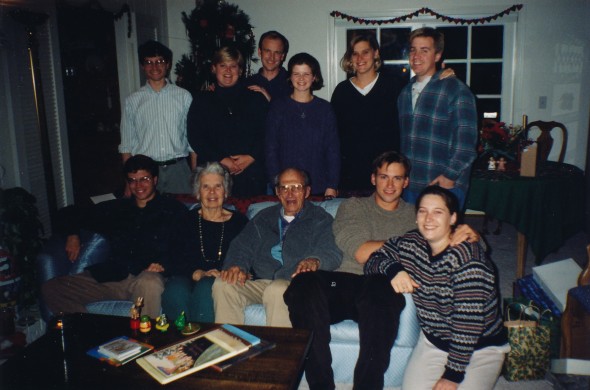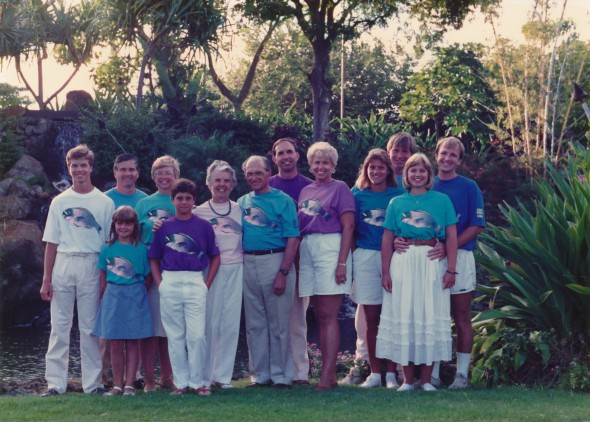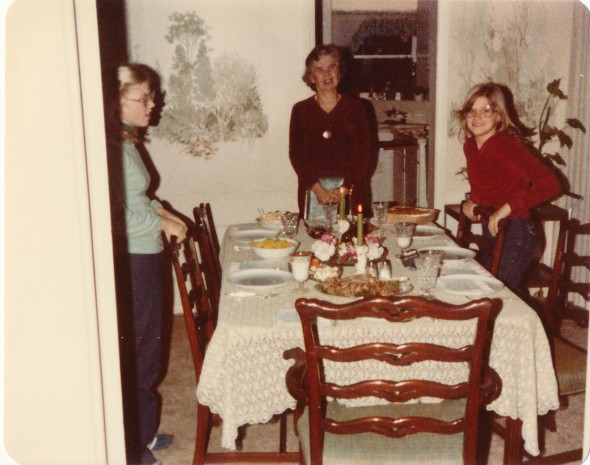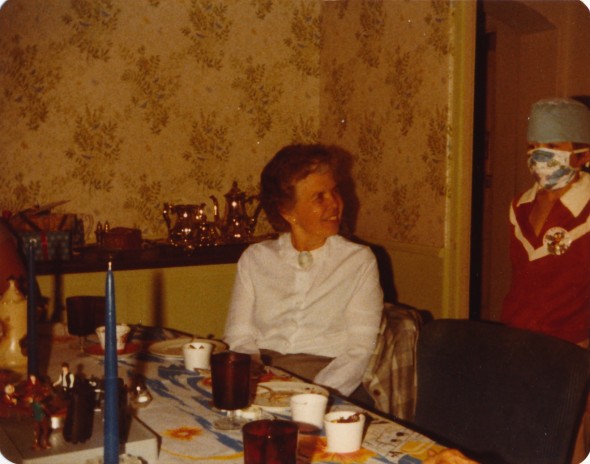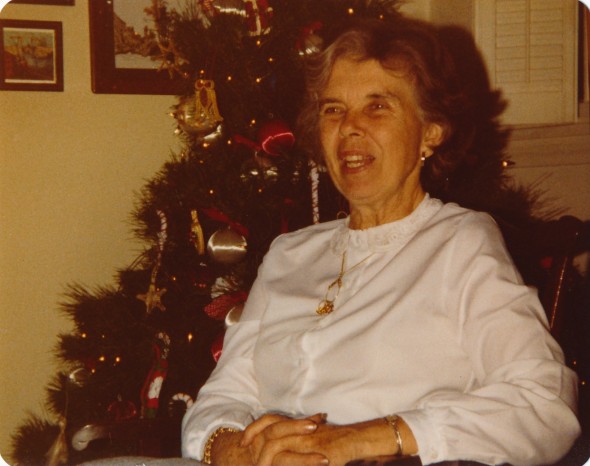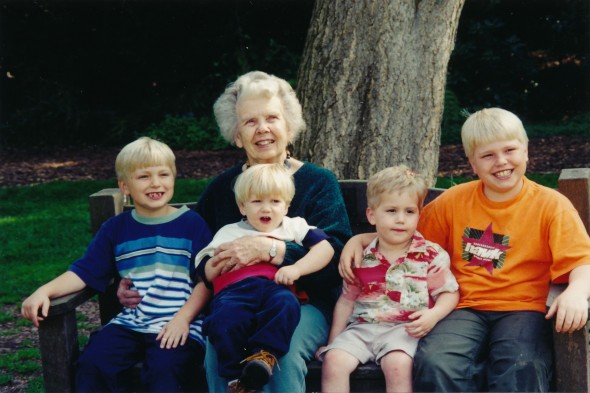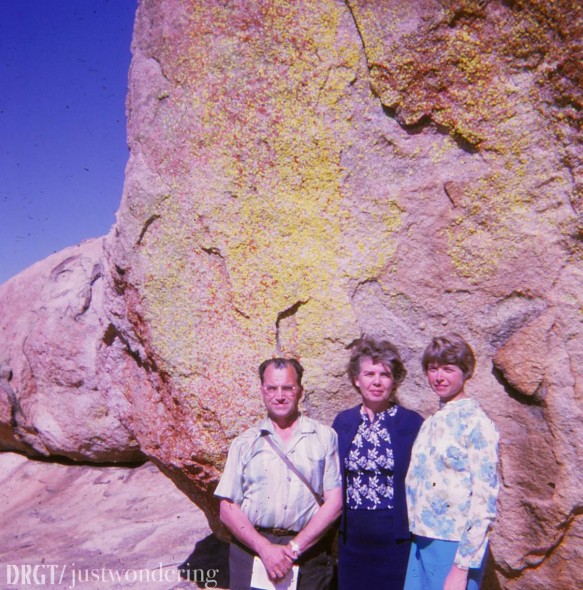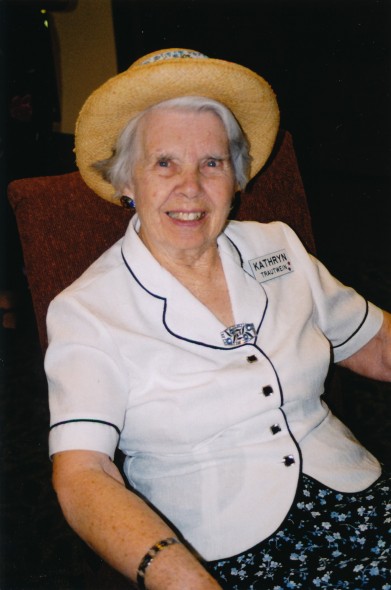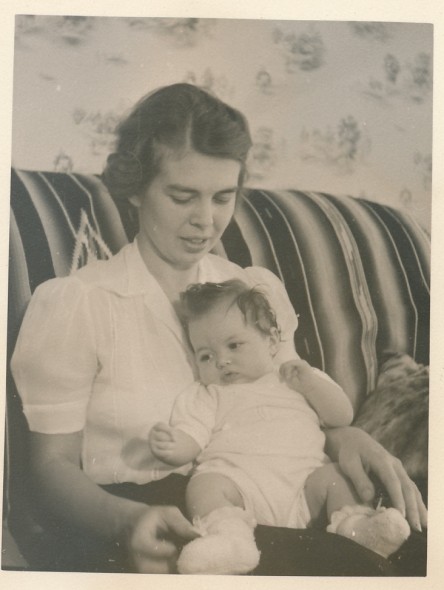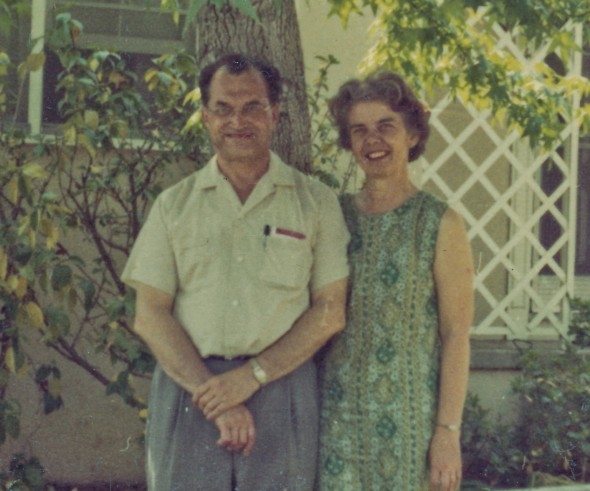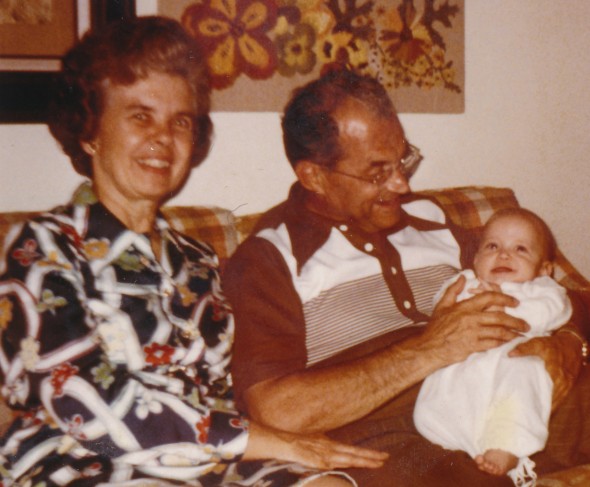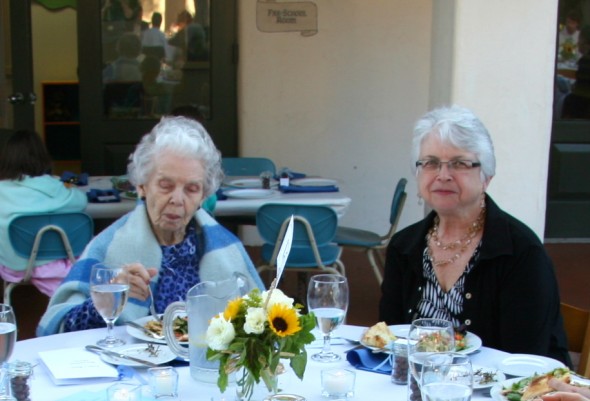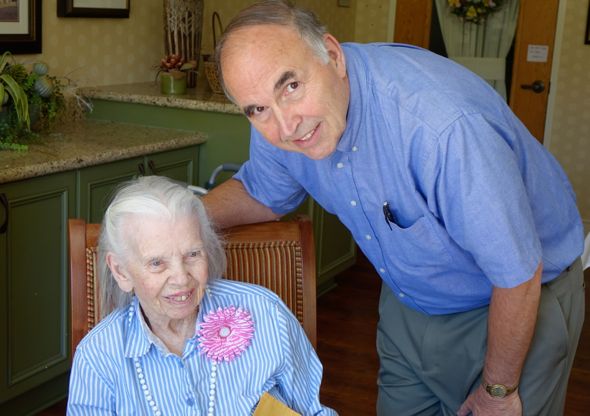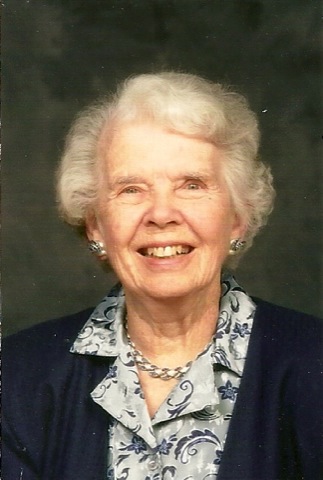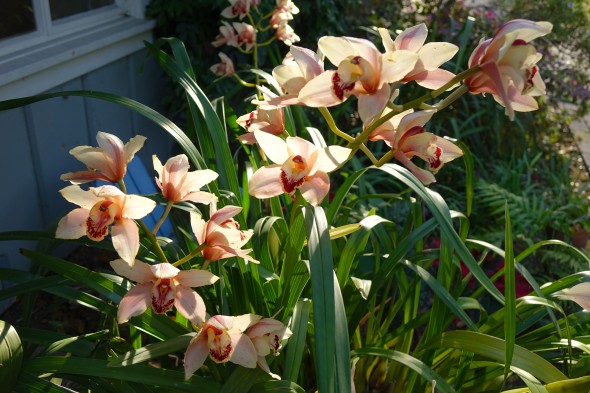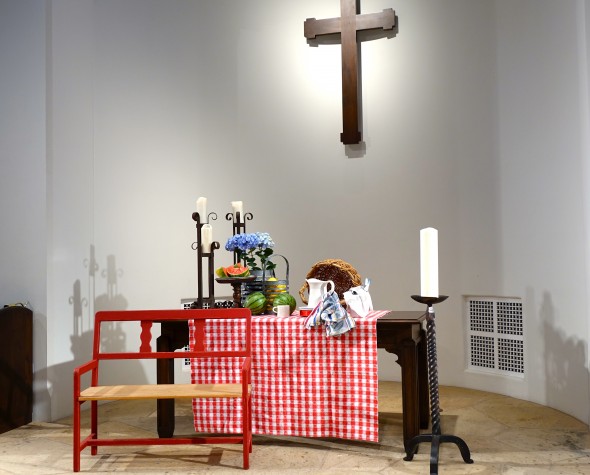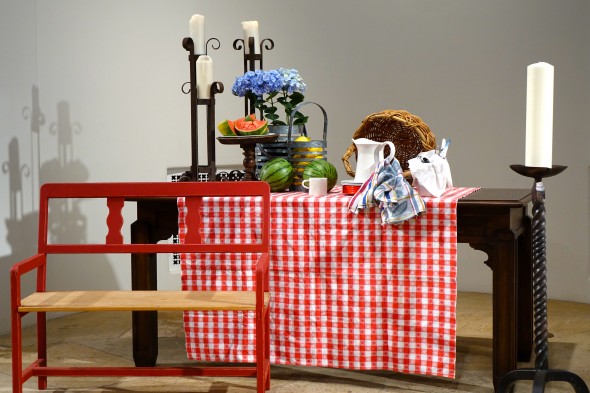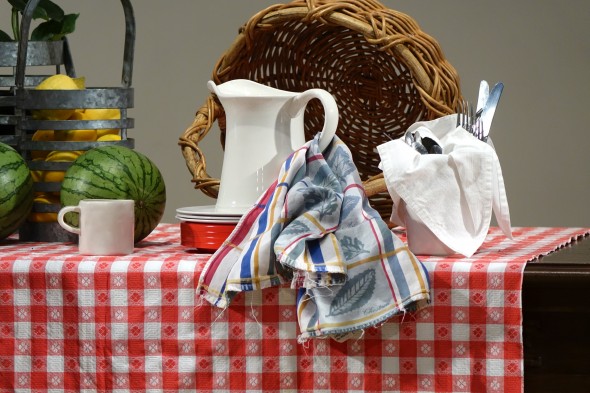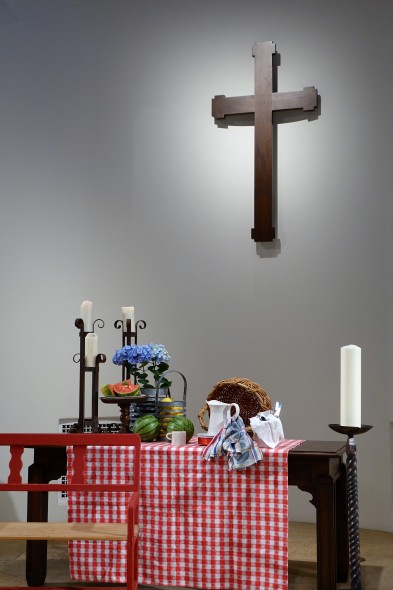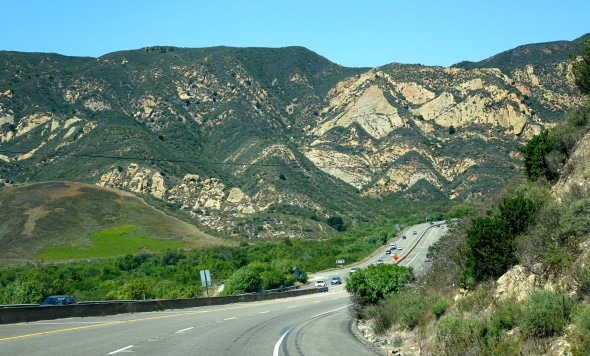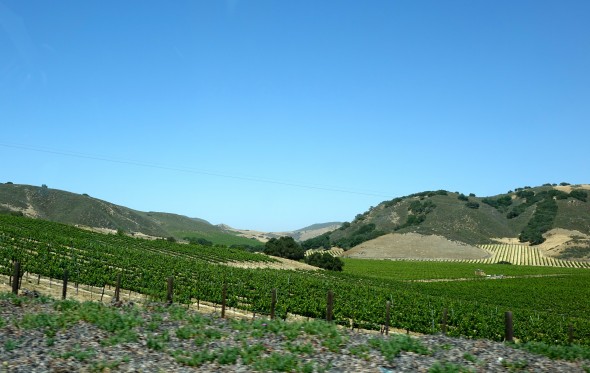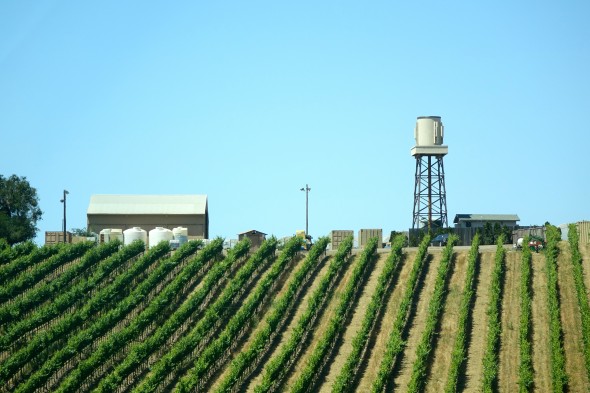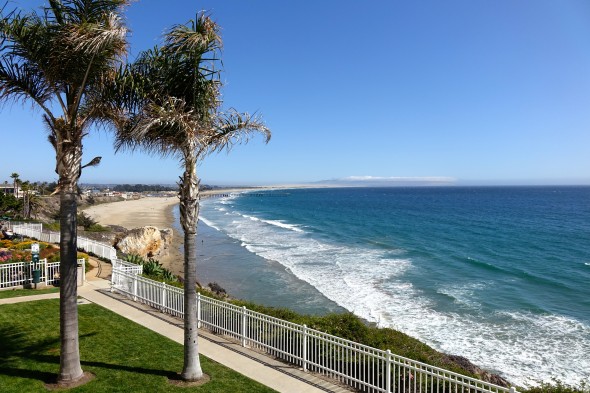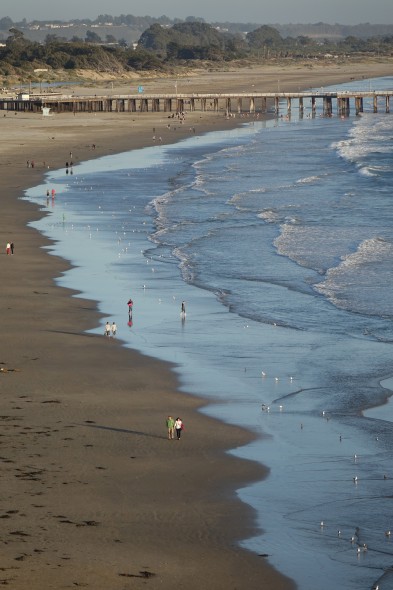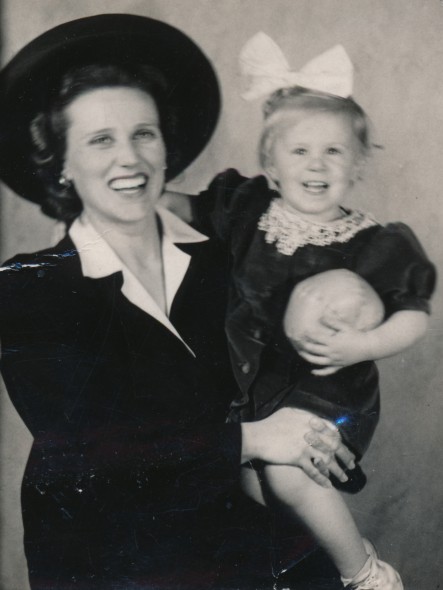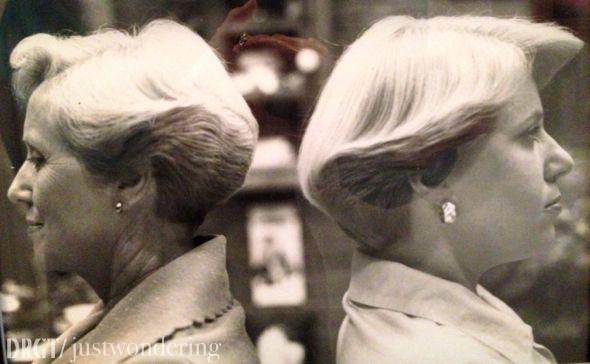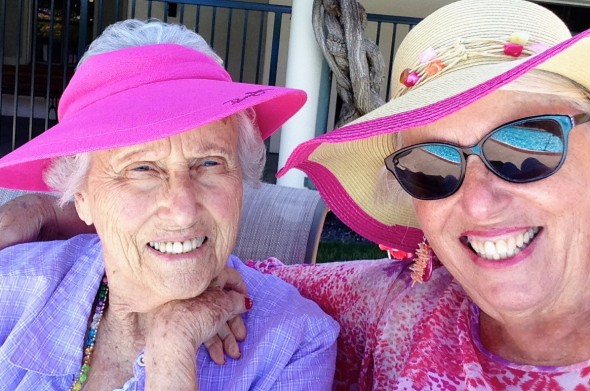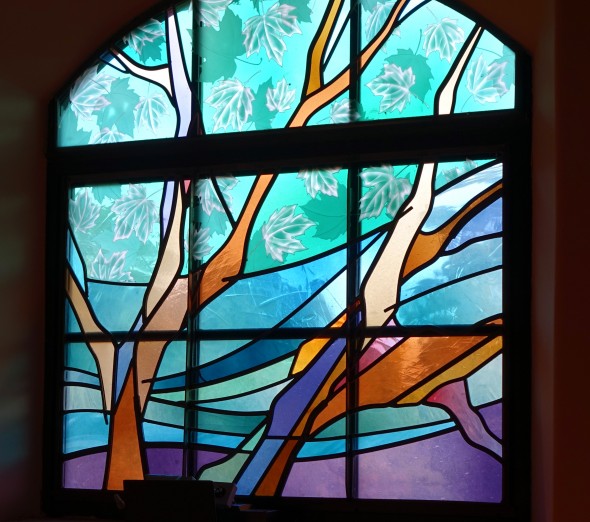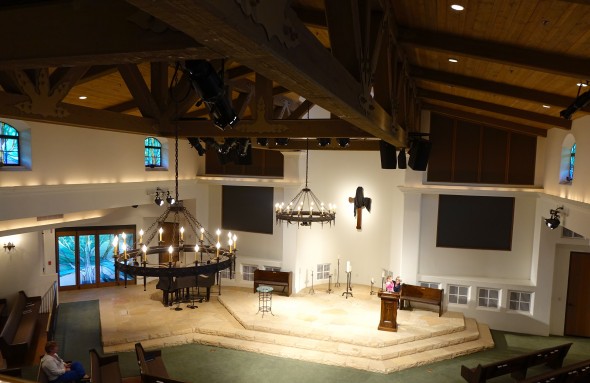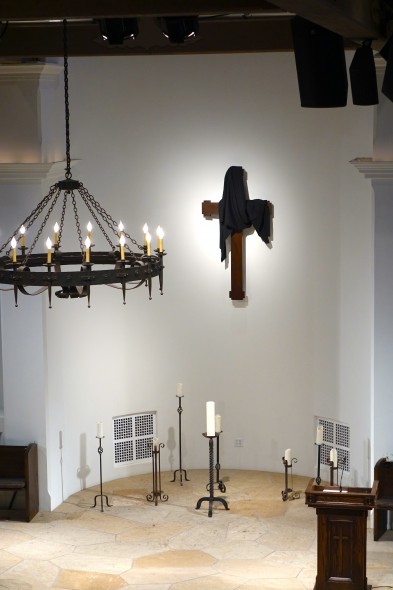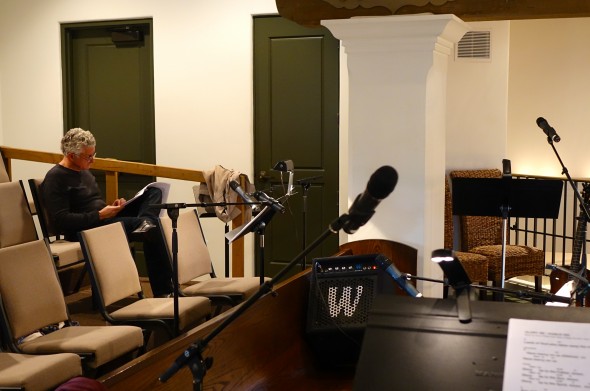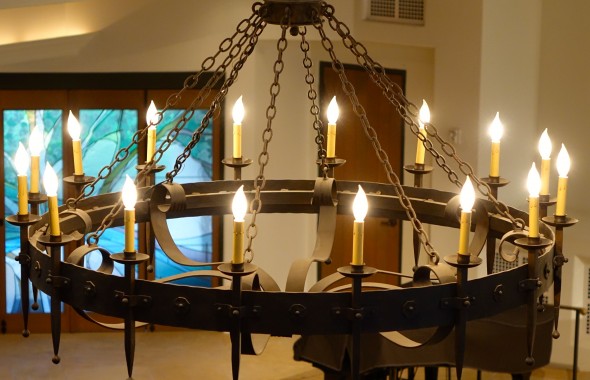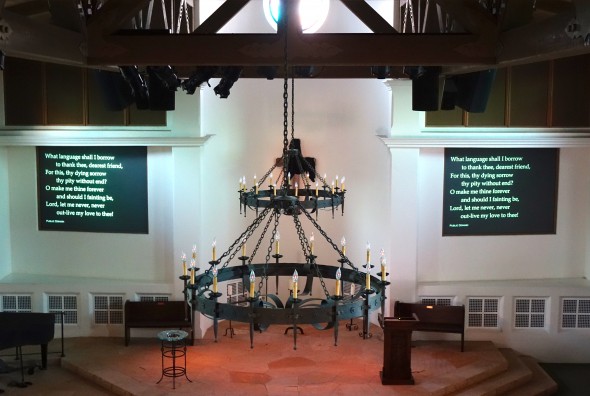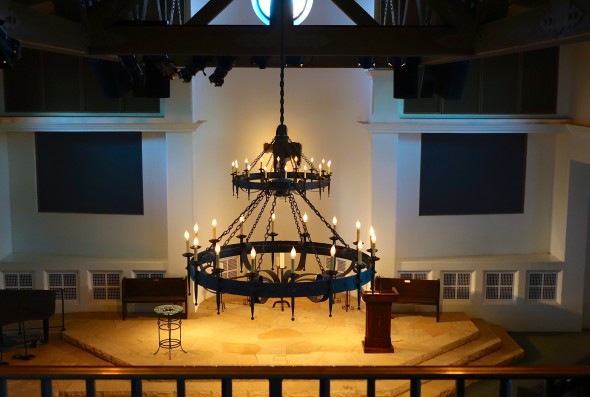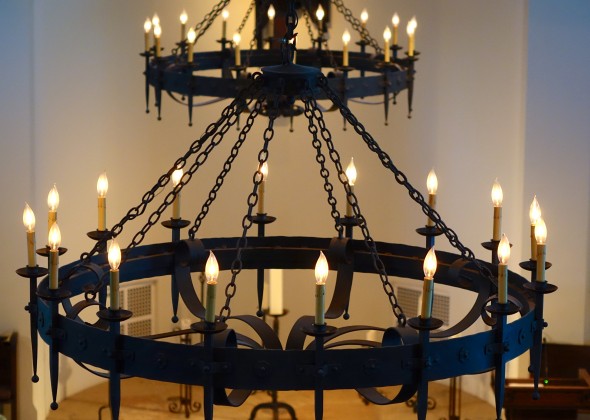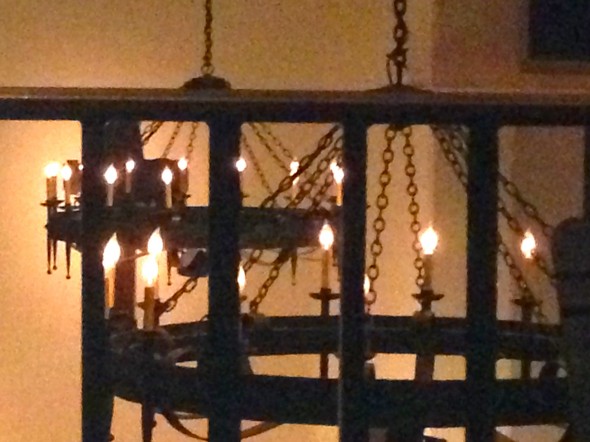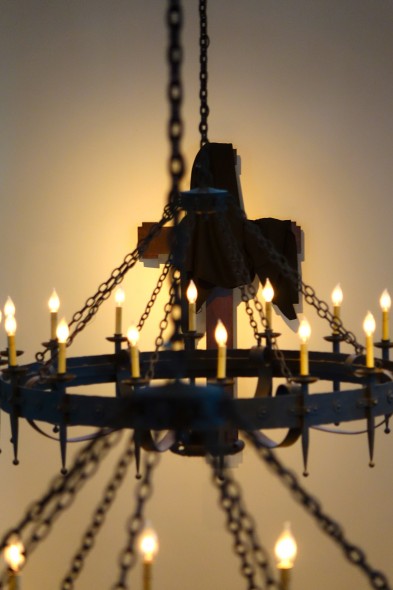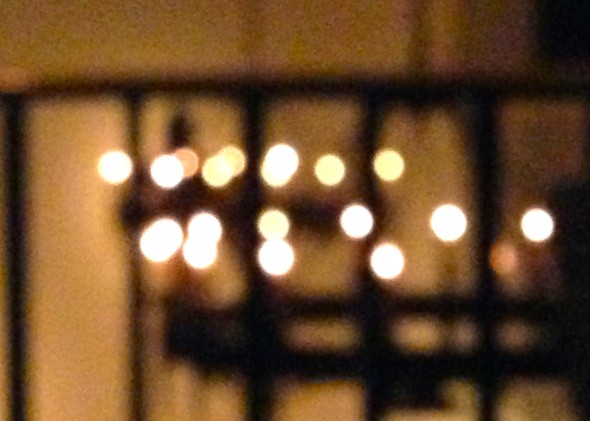The riveting events of the past week have served to remind most of us that we live our lives in the middle of a ‘beautiful and terrible’* world.
Yesterday, I sat in one of the loveliest, richest and most remarkable worship services, rippled with the laughter and music of children, filled with prayers of dedication for middlers and high schoolers headed off to summer camp. I heard scripture read well by an 8-year-old and smiled through tears because I could STAND and sing worship songs with the congregation.
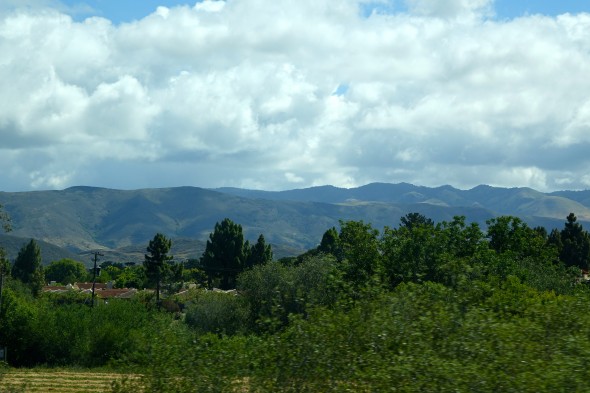
I live daily with the truth that my spot on this earth is beautiful, filled with the grandeur of mountain and ocean, agriculture and wide open spaces. This is a heaven-on-earth kind of place and I am grateful.
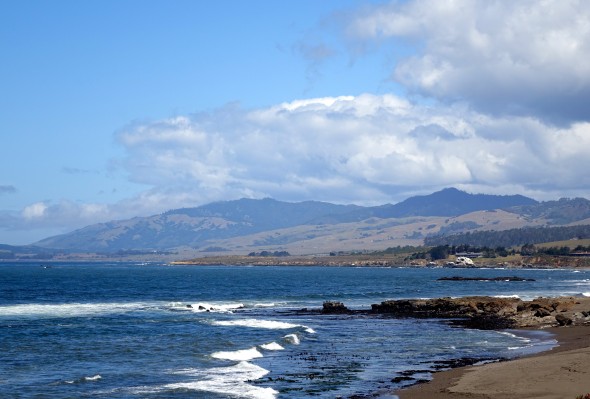
When I start asking the impossible ‘why?’ questions, I must begin with where I am. Why am I so blessed? Why is my life as lovely and full as it is?
As with every ‘why?’ question, there is no easily accessible answer. What can I say? The luck of the draw? The will of God? The accident of birth and marriage? There is no answer that suffices, all I can do is breathe out thanksgiving and choose to live with a ready sense of wonder. My life is a gift, one that I did not earn and cannot control.
As I reflect on the atrocities happening in Iraq — and in many other places not nearly so well-publicized — I must also acknowledge that there is no easy answer to the ‘why?’ question there, either.
It has always been so. Even a cursory reading of history forces us to accept the truth that human beings are capable of unimaginable terror and torture. And human beings are capable of creating art, architecture, literature, music, caring acts of compassion and astounding feats of derring-do and invention.
This is the truth. The reality in which we all must live.
And though my life has been most assuredly blessed, even our family is not immune to the troubles and pain of this world.
My maternal grandmother lived long past her expected demise, suffering a major coronary at the age of 54 and living with congestive heart disease until she died at the age of 101.
She lived long enough to meet my two eldest grandsons. Why? I haven’t a clue.
On the other hand, my son-in-law, father to those two and one more, died at the age of 44. A hard death, long and difficult and marked by struggle, pain and suffering every single day for many years, especially the last three.
I have no explanation for any of this, or for why my mother and my mother-in-law sank into dementia or why I was born with a crooked heel that would cause me such distress as I close out my seventh decade.
This is truth. This is life. This is what we live in and with, every day we breathe. But I am also coming to believe that this is also what we live for. ALL of this — the beautiful and the terrible — is what makes life life, what makes life true.
I did not say easy. Because it most decidedly is not easy. It’s complicated, troubling, fearful. Also? Amazing, astounding, remarkable and stunning. And over all of it, God is telling the story of redemption.
And God is using us to help tell that story. God invites us right up on stage and says, “Partner with me. Tell my story in your vernacular, in your specific situation. Live it out, trust me, love me, love one another. I will be with you, no matter what comes.”
The sermon we heard yesterday was a reminder of the size and scope of this story we are a part of. Pastor Jon worked from 1 John 5:6-12 and he talked about the One who comes. The One who comes from God, as one of us. The One who breathes life into everyone he meets. The One who dies for us, who never dismisses our pain and struggle, but who ultimately assumes full responsibility for all of it. I loved this line: “God’s death on the cross is not a military victory but a glorious martyrdom. God straps on our humanity to kill death by dying. God takes on our life so that we can take on God’s Spirit.”
As horrific as the news out of Iraq is to our eyes and ears, not one bit of it surprises or shocks our God. It saddens and stirs that great Divine Heart, but in no way does it signal the end of the story.
Redemption is still at work. We cannot yet see it, but I am confident it is there. Not one drop of blood is shed in vain in that place.
As brothers and sisters, we are called to participate. First of all, we are called to pray. This is the primary work of the church and it is important and needful. We are also called to give what we can to help alleviate suffering in this hard place and everywhere on this earth where human beings are struggling.
And. We are called to lament. To grieve, even as God grieves. We are called to wrestle and ponder, to ask the hard questions and search for difficult answers, to hold governments and paramilitary groups responsible for unspeakable acts.
And then? To come back round to praise. To sing a sad song – yes, yes, yes. But to sing it to the One who comes, to the One who knows our frame, who embraces our frame, who lives out love to the fullest, and who asks us to love for his sake.
Do you see this magnificent fresco? It is painted in the rear of the Chora Church in Istanbul, Turkey. Take a close look at it. The One who came, the One who died, is risen in glory and in each hand, he grabs hold of Adam and Eve, pulling them into life right next to him. This is why Jesus came, you see. THIS. Jesus came to bring life to our messed up, broken, imperfect, inglorious humanity.
Why? Because we are valuable to God, loved, seen, understood, accepted and esteemed. Every single life that is lost in Iraq — every single one — is seen, loved, accepted, esteemed.
And so is every single crazy person moving through town with a weapon and a heart full of hate. That’s the piece that is toughest for us to pray our way through, isn’t it?
But that’s the piece that makes God GOD. That’s the piece that makes redemption the point of the story. That’s the piece that fits the gospel to a tee. While we were yet sinners, Christ died for us.
Oh, may the worldwide church prove to be worthy of the blood of these martyred ones. May we be faithful to pray and to give and to act. May we live lives worthy of the One who came.
May we live well with the truth.
* quote from Frederick Buechner in “Wishful Thinking.” This is the whole thing:
“Beautiful and terrible things will happen. Don’t be afraid. I am with you. Nothing can ever separate us. It’s for you I created the universe. I love you.”
